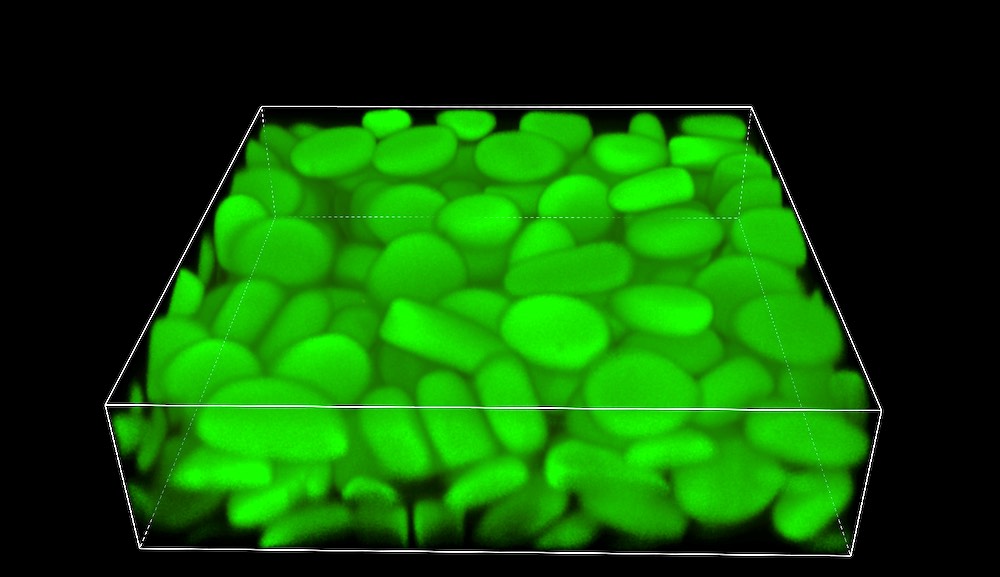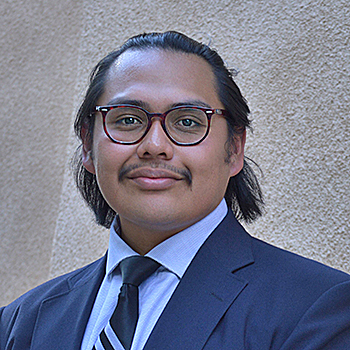PhD student Durante Pioche-Lee has received a Ford Foundation Predoctoral Fellowship from the National Academies of Sciences, Engineering, and Medicine. This honor is granted annually to pre-doctoral individuals for their superior scholarship and commitment to teaching and research.
“I am deeply honored to be selected as an awardee of the Ford Foundation’s Predoctoral Fellowship. I feel very fortunate and excited to make lifelong connections with such a diverse group of researchers,” Pioche-Lee said. “The support I receive will allow me to pursue research while supplying a rich environment for my professional development.”
The Ford Foundation Fellowships at the predoctoral level are intended to identify and facilitate the academic, intellectual, and professional development of individuals who have demonstrated superior scholarship, are committed to a career in teaching and research at the college or university level, show promise of future achievement as scholars and teachers, and are well prepared to use diversity as a resource for enriching the education of all students.
Pioche-Lee studied Chemical and Biological Engineering at the University of New Mexico (UNM) during his undergraduate career. He acted as secretary and later president of the university’s American Indian Science and Engineering Society. He also participated as a scholar within the National Institute of Health (NIH) funded Maximizing Access to Research Careers (MARC) program at UNM.
Much of Pioche-Lee’s work centers on making a significant impact on diabetes research. More specifically, developing tissue culture environments that better recreate physiological aspects of the islets, such as nutrient and hormone cycling, perfusion of tissues, and more mimetic tissue mechanics, and will be implemented to study pre-diabetes and type 2 diabetes.
“Something very personal to me is that Native Americans have the highest rates of diabetes in the US,” he said. “My background in chemical and biological engineering from the University of New Mexico paired with mentorship from Dr. Lesher-Perez have granted me the support necessary for developing next-generation culture platforms aimed at prolonging functionality in pancreatic islets.”

